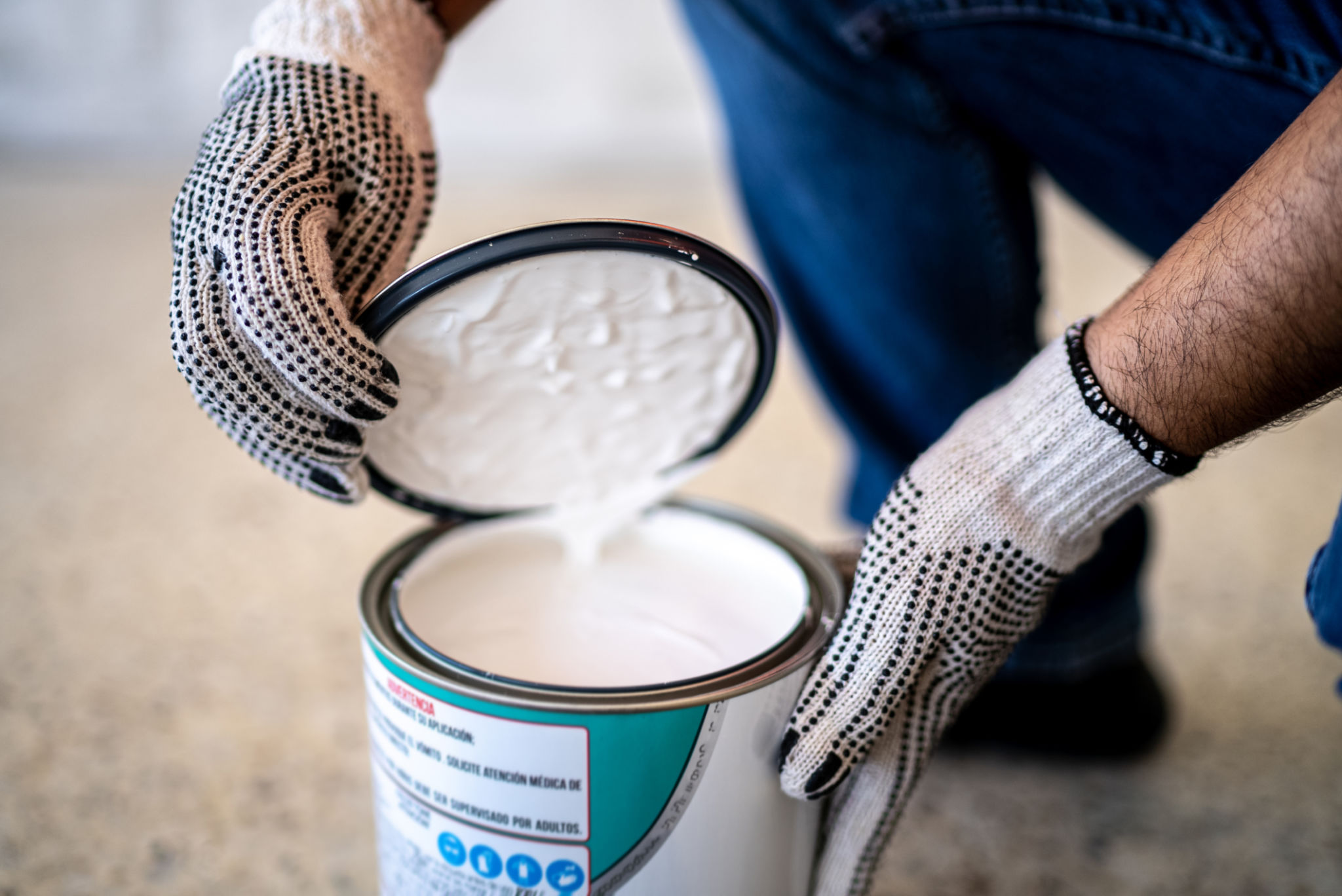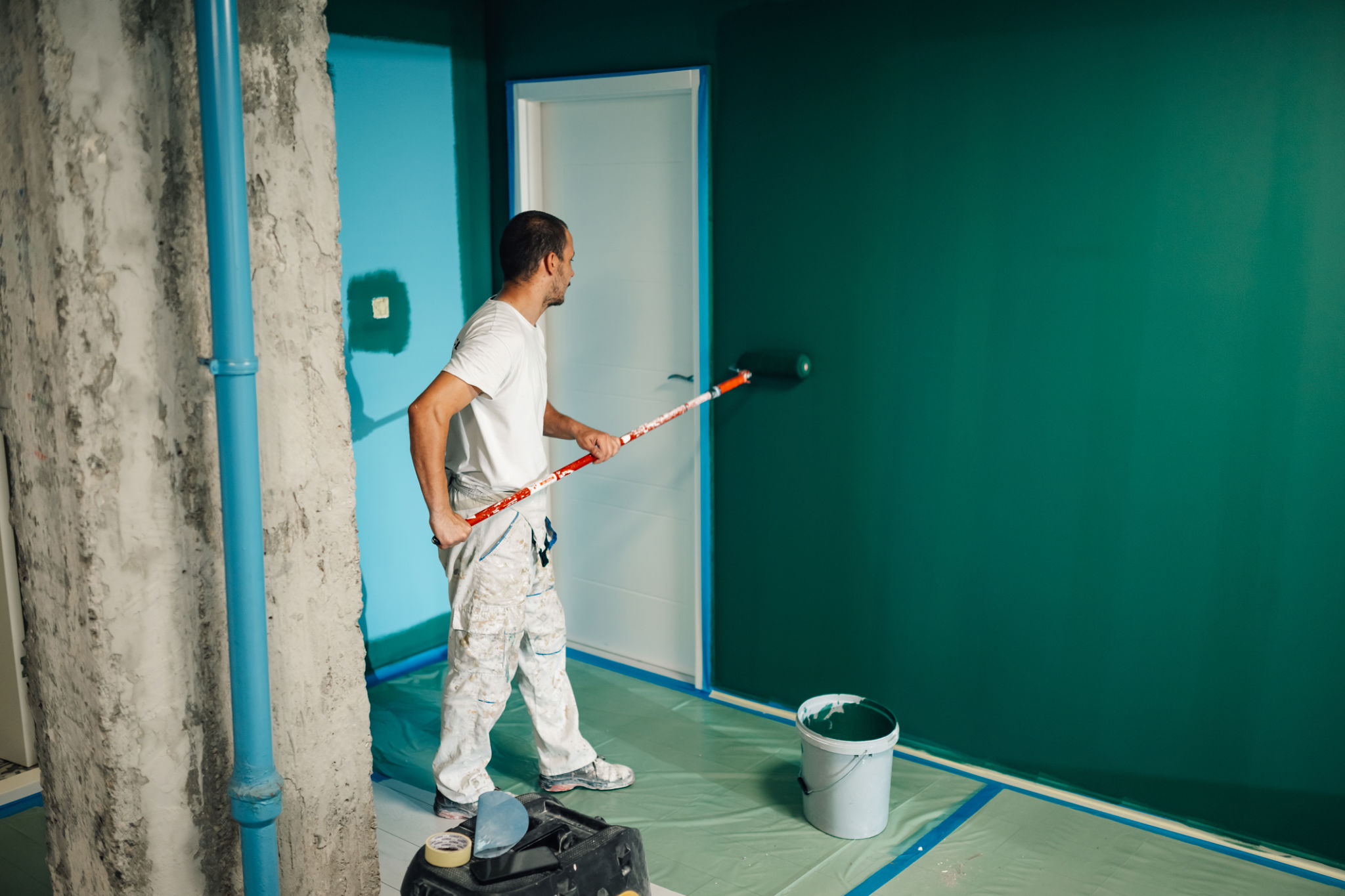Cape Cod's Unique Painting Challenges and How to Overcome Them
Understanding the Cape Cod Climate
Cape Cod's climate presents unique challenges for homeowners looking to maintain their property's exterior. With its coastal location, the region experiences a mix of salty sea air, high humidity, and frequent temperature fluctuations. These conditions can accelerate wear and tear on paint, leading to peeling, cracking, and fading much faster than in other areas.
To effectively address these issues, it's crucial to choose the right type of paint and application methods that can withstand these harsh elements. Understanding how the local climate impacts paint can help you make informed decisions and extend the life of your home's exterior.

Choosing the Right Paint
When painting a home on Cape Cod, selecting the right type of paint is essential. Opt for high-quality, weather-resistant paints specifically formulated to endure harsh coastal conditions. Acrylic latex paints are often recommended because they offer superior adhesion and flexibility, which helps them resist cracking and peeling.
Additionally, consider using paints that contain mildewcides and UV protectants. These additives will help prevent mold growth in humid conditions and protect against sun damage. Investing in premium-grade paints will ensure a longer-lasting finish and reduce the frequency of repainting.

Preparation is Key
Proper surface preparation is crucial for achieving a durable paint job. Begin by thoroughly cleaning the surfaces to remove dirt, mildew, and chalky residues that can interfere with paint adhesion. Power washing is an effective way to ensure the surface is clean.
Next, address any repairs needed for the siding or trim, such as replacing rotted wood or sealing gaps and cracks. Priming is another essential step, as it creates a smooth base for the paint to adhere to and enhances the paint's durability.
Timing Your Painting Project
Timing plays a significant role in the success of an exterior painting project on Cape Cod. The region’s weather can be unpredictable, so it's best to plan your project during the late spring or early fall when temperatures are moderate and humidity levels are lower.
Avoid painting during peak summer months when the sun is intense, as it can cause the paint to dry too quickly, leading to blistering. Similarly, painting during wet or windy weather can negatively affect the outcome.

Regular Maintenance
Once your home is painted, regular maintenance will help keep it looking fresh and vibrant. Inspect your exterior annually for signs of wear and damage, such as peeling or mold growth. Early detection enables you to address issues before they become more significant problems.
Reapplying caulk and touch-ups as needed will extend the lifespan of your paint job. In addition to enhancing curb appeal, consistent maintenance will protect your investment in your home’s exterior.
Working with Professionals
If you're unsure about tackling a Cape Cod painting project on your own, consider hiring professional painters who are familiar with local challenges. Experienced contractors understand the specific needs of coastal homes and can recommend the best products and techniques for your property.
Professionals have the tools and expertise to handle preparation work efficiently, apply paint effectively, and ensure a high-quality finish that will stand up to Cape Cod's unique environmental factors.
